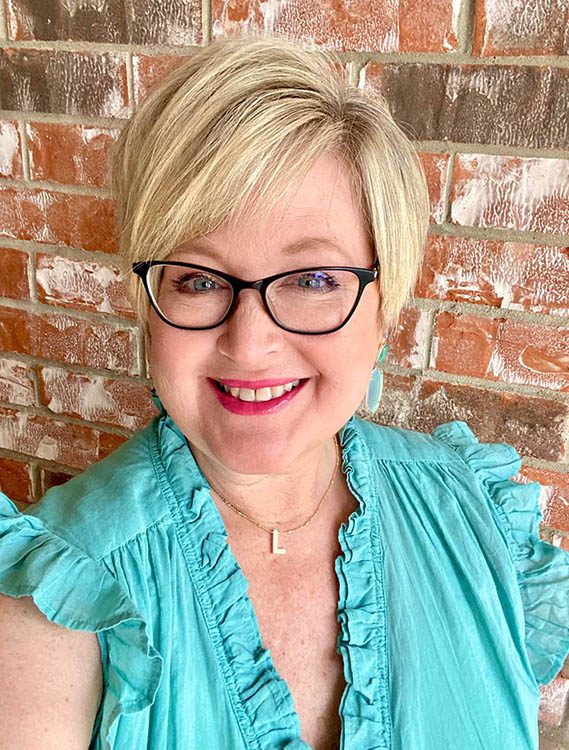What Type of Investment Account Is Best for My Kids?
If you’re a parent, you want the best for your children. There’s never an exception to that desire – even when it comes to the type of investment account you should use to help them secure their own financial futures.
The fact that you want to choose the optimal account type is obvious, but the best solution for you and your family isn’t. Personal Finance is personal for a reason, and the right type of investment account for your kids will depend on a number of factors.
Here’s what to think about, and how to decide.
Consider the End Goal of the Account
Starting by asking “what” investment account is actually the wrong question. It’s better to ask “why” you want to open an investment account for your kids in the first place.
You need to understand your goals for the Money you’ll contribute to it, and the purpose of the account. Why do you want to invest? What do you want to use the account for (or, what do you hope your kids will do with the money in the future)?
Once you get clear on this, choosing “what” – the right account – becomes much easier to accomplish. There are a few different options, but depending on your goal for the account and the funds within it can help narrow down your choices.
If You Want to Save for College
If your primary goal when Investing money for your children is to build up a college savings fund they can use for higher Education, consider the 529 plan.
This type of investment account offers tax advantages for parents looking to build college savings. So long as the funds in your 529 plan are used on qualified education expenses, the money in the account can grow tax-free.
529 plans also make it easy for other friends or family members to contribute to the education cause. Relatives or family friends can contribute directly to these accounts, and as long as they remain under the gift tax exemption limit of $15,000 per year for individuals, there are no tax consequences for the givers.
Most states offer their own 529 plans, and staying “in state” may offer additional tax breaks — but these can be small and might not be worth going with your state’s plan if the investment choices aren’t great or the fees are high. There’s no penalty or restriction on using another state’s plan.
Do, however, make sure you go direct when setting up a plan. You can learn more about why we typically recommend going direct to our clients here.
If You Want to Teach Them About Banking Basics
On a trip to Target when my twins were 6, I knew I had a problem. Like most kids, they begged me for a candy bar at the checkout line.
I told them, no, because we just had the money for the items on the list that we came to the store purchase. My daughter replied, “Daddy, just pull out that card you have and you can get whatever you want.”
Oh boy.
Anyone who knows me, knows I carry absolutely no cash. That’s not necessarily a problem; there are a lot of good reasons why adults would prefer to strategically use cards rather than cash for most transactions.
But kids don’t know that. And the fact that my kids never saw the physical exchange of money at a store made them completely disconnected from the value transacting between the parties.
Even adults can struggle with this concept as Technology makes purchasing items easier with the swipe or click of a button. There’s an actual discomfort associated with paying and parting with tangible cash, but you don’t experience that kind of pain when you swipe a card.
If you’re interested in opening a type of investment account for your kids in order to help them learn about money in general, seek out a local bank or credit union that may offer a program to help.
My credit union, Corning Credit Union, has a program to teach kids about savings and incentivize them to do so, called CCU Supersavers. From personal experience, I can tell you my kids loved getting their “deposit pig” stamped as it got them one step closer to a prize.
If you goal is just to teach financial basics, an investment account might not be the right solution right now. A savings account at a local bank where kids can physically go to a location and handle money they saved or earned is a great way to begin teaching some fundamentals.
If You Want to Help Them Understand More Complex Financial Concepts, Like Investing
If, on the other hand, you have an older child or want to help your kids see how complex functions like investing work, then you can consider helping them open a joint brokerage account… but with some training wheels.
I am a big fan of Betterment, and love the platform’s low-cost, globally diversified systematic approach to investing. It’s a great way for anyone to build up assets over time, and comes with what I think of as those training wheels. You can’t do any day trading or individual stock-picking on Betterment, which can protect both kids and parents.
It’s also extremely easy to open a joint brokerage account with Betterment, in 5 minutes and with $0. This can be a good option if you want to take a more cautious approach, or strongly believe in a passive investment philosophy and want to teach your kids about “buy and hold” type strategies.
If, however, you’re looking for a more hands on or active approach, I recommend opening a joint brokerage account with a custodian like Schwab or Fidelity. Here you will have more access to investment options and greater control over your portfolio than what you’ll find at a robo-advisor that provides pre-selected portfolios based.
Once the account is open, your kids can purchase single shares of company stock. Let them pick it out but make sure they give you a reason on why they want to own the company, and then track the stock’s performance over time.
You can also consider an UGMA or UTMA if you want your child to have complete access to the funds at the age of majority in your state.
A brokerage account, with a small amount of contributions, can help provide a tangible example of how markets work, why diversification is important, what market volatility looks like, and many more important lessons that will help them be better investors as adults.
The right investment account will depend, as it always does, on the goal you want to achieve. That’s true for almost any kind of financial planning you want to do, whether for yourself or just as a means to teach your children more about money and the markets.
If you’re thinking about working with a financial advisor, Wealthramp is here to help you find a truly qualified advisor with deep expertise in comprehensive Family Planning.
Take the first step and schedule your free meeting today!
The post What Type of Investment Account Is Best for My Kids? appeared first on Resources | Wealthramp.
























